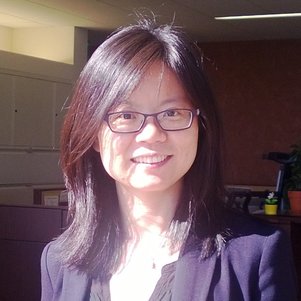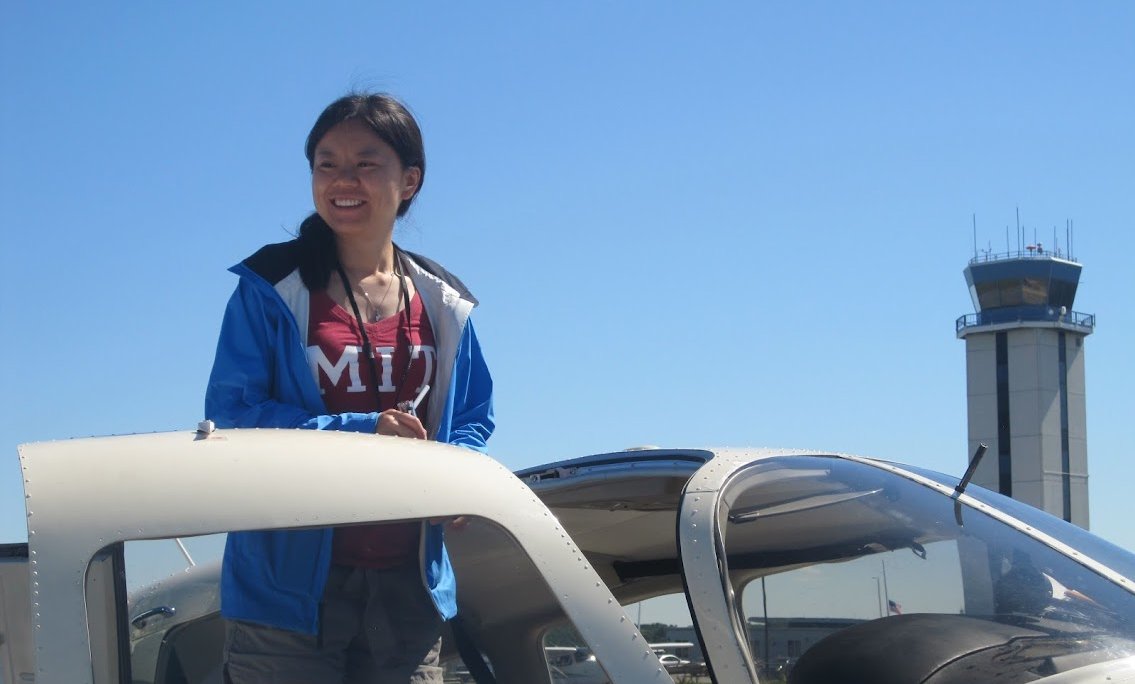Meet our new colleague – Lishuai Li
Who are you?
I’m Lishuai Li, a mother of two, a wife, and a researcher who aspires to make air transport a better mobility solution accessible to everyone and sustainable for future generations by utilizing the power of Big Data, AI, and domain knowledge. I was raised in China, educated in China and the US, worked in San Francisco, Hong Kong, and now Delft. I enjoy learning new things, exploring new ideas, and solving challenging problems.
Can you describe your career in brief?
I am an Assistant Professor in the Air Transport and Operations (ATO) section in the Department of Control and Operations at the Faculty of Aerospace Engineering, Delft University of Technology (TU Delft). Prior to joining TU Delft, I worked at City University of Hong Kong as an Assistant Professor, and McKinsey & Company in San Francisco as an Associate Consultant.
I received a M.Sc. and a Ph.D. in Air Transportation Systems from the Department of Aeronautics and Astronautics at Massachusetts Institute of Technology (MIT) in 2009 and 2013, respectively. Prior to MIT, I obtained a B.Eng. degree in Aircraft Design and Engineering from Fudan University in China in 2007.

Dr. L. (Lishuai) Li
Assistant Professor
✉ Lishuai.Li@tudelft.nl
Why Delft?
I chose TU Delft because I was inspired by the open-minded innovation culture, knowing that I can work on exciting things that make a difference. I was also attracted by the innovation ecosystem at TU Delft that brings together industry and academia, where academic knowledge can be tested and translated into practice, and real-world challenges inspire new scientific discoveries.
Your greatest research challenge at the moment?
Uncertainties in air transport cause inefficiencies in air transport operations, e.g., deficient flight operations, flight delays, extra fuel loading, etc. Better modelling and prediction of system behaviours is the first step towards efficiency improvement. However, the challenge is how to model the behaviors of a complex system that is operated by human in an uncertain environment for a variety of tasks. Using data from past operations and combining machine learning techniques with engineering knowledge may shed a new light on this challenge, thus, that is what my current research focuses on.
What do you like to do in your free time?
Jogging, hiking in the mountains, and skiing on occasion.
